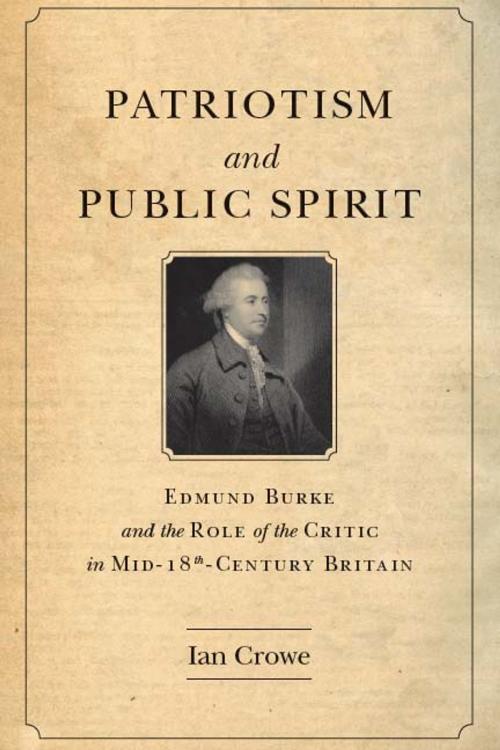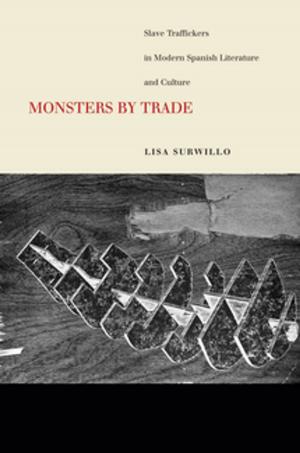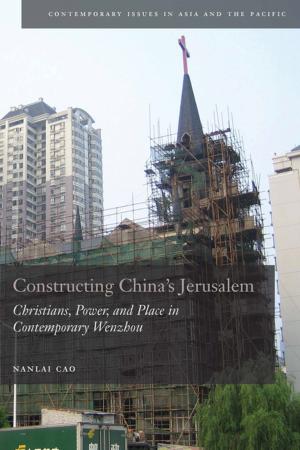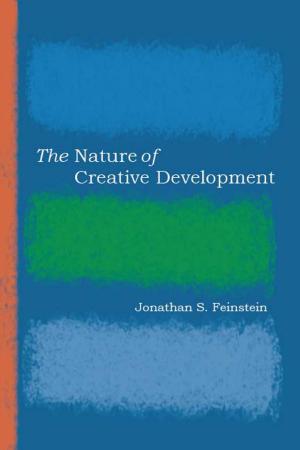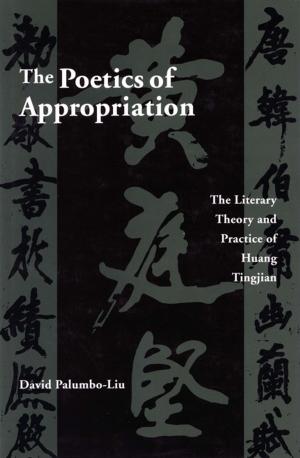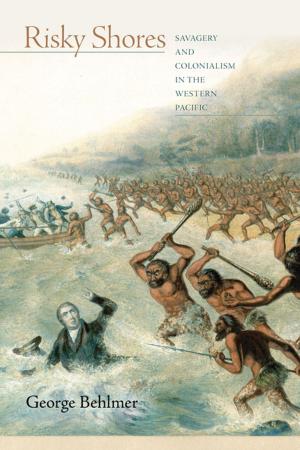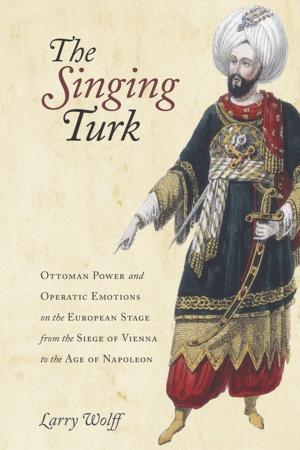Patriotism and Public Spirit
Edmund Burke and the Role of the Critic in Mid-Eighteenth-Century Britain
Nonfiction, History, British| Author: | Ian Crowe | ISBN: | 9780804783354 |
| Publisher: | Stanford University Press | Publication: | August 22, 2012 |
| Imprint: | Stanford University Press | Language: | English |
| Author: | Ian Crowe |
| ISBN: | 9780804783354 |
| Publisher: | Stanford University Press |
| Publication: | August 22, 2012 |
| Imprint: | Stanford University Press |
| Language: | English |
Patriotism and Public Spirit is an innovative study of the formative influences shaping the early writings of the Irish-English statesman Edmund Burke and an early case-study of the relationship between the business of bookselling and the politics of criticism and persuasion. Through a radical reassessment of the impact of Burke's "Irishness" and of his relationship with the London-based publisher Robert Dodsley, the book argues that Burke saw Patriotism as the best way to combine public spirit with the reinforcement of civil order and to combat the use of coded partisan thinking to achieve the dominance of one section of the population over another. No other study has drawn so extensively on the literary and commercial network through which Burke's first writings were published to help explain them. By linking contemporary reinterpretations of the work of Patriot sympathizers and writers such as Alexander Pope and Lord Bolingbroke with generally neglected trends in religious and literary criticism in the Republic of Letters, this book provides new ways of understanding Burke's early publications. The results call into question fundamental assumptions about the course of "Enlightenment" thought and challenge currently dominant post-colonialist and Irish nationalist interpretations of the early Burke.
Patriotism and Public Spirit is an innovative study of the formative influences shaping the early writings of the Irish-English statesman Edmund Burke and an early case-study of the relationship between the business of bookselling and the politics of criticism and persuasion. Through a radical reassessment of the impact of Burke's "Irishness" and of his relationship with the London-based publisher Robert Dodsley, the book argues that Burke saw Patriotism as the best way to combine public spirit with the reinforcement of civil order and to combat the use of coded partisan thinking to achieve the dominance of one section of the population over another. No other study has drawn so extensively on the literary and commercial network through which Burke's first writings were published to help explain them. By linking contemporary reinterpretations of the work of Patriot sympathizers and writers such as Alexander Pope and Lord Bolingbroke with generally neglected trends in religious and literary criticism in the Republic of Letters, this book provides new ways of understanding Burke's early publications. The results call into question fundamental assumptions about the course of "Enlightenment" thought and challenge currently dominant post-colonialist and Irish nationalist interpretations of the early Burke.
